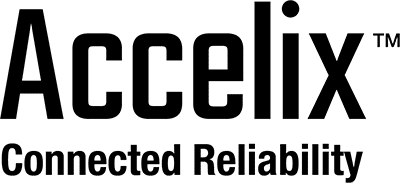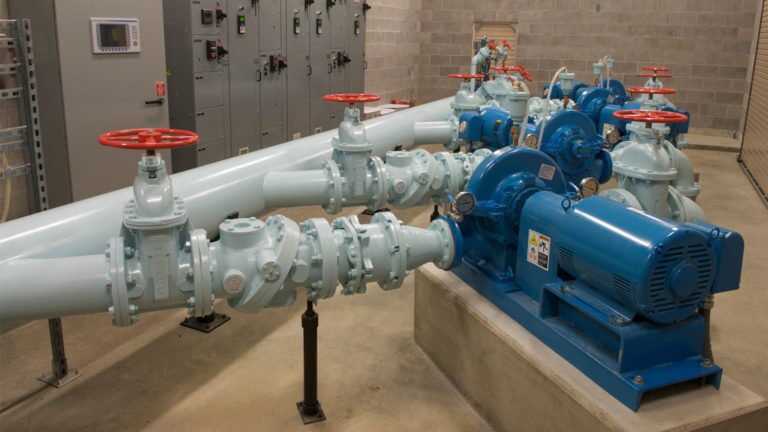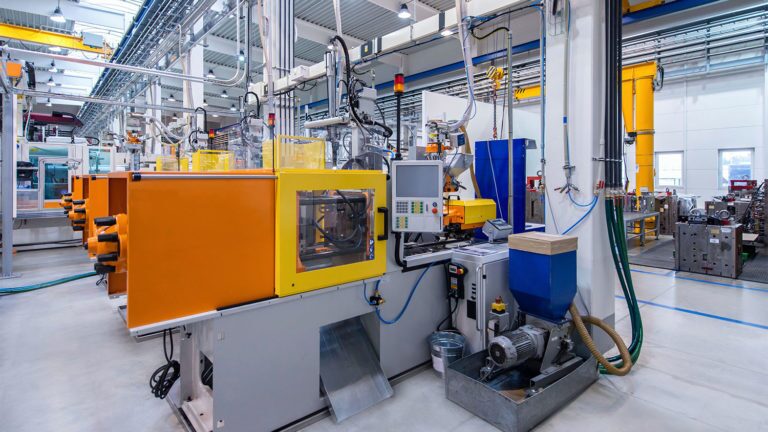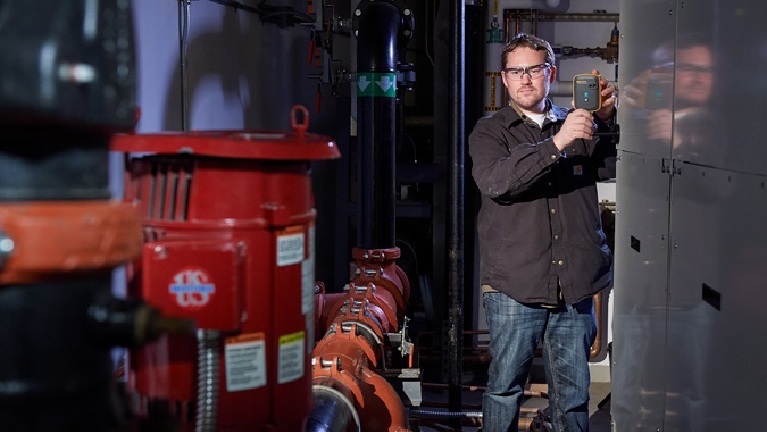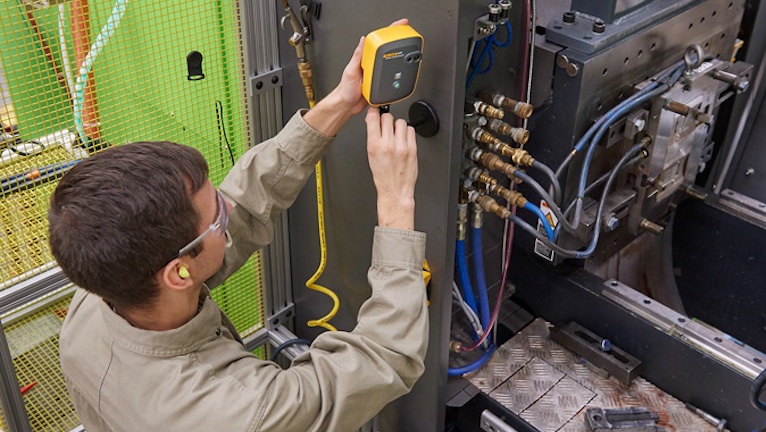Q&A on emerging technology in 2019 and the skills gap
Tom Wilk, chief editor of Plant Services, discussed in a recent webinar key industry trends that defined 2018 and then looks ahead at what emerging technology to expect this year.
The webinar focused on servitization trends, available PdM (predictive maintenance) technology and strategies/tactics for addressing the skills gap, benefits of planning and scheduling, and attitudes toward cybersecurity and data handling.
Several attendees submitted questions to Wilk during the webinar, and his answers can be found below.
What is corrosion technology?
Wilk: These technologies, normally mounted sensors, most commonly monitor the loss of (or change in) interior wall thickness of pipes, tanks, and vessels. Common measurements include wall thickness, temperature, pressure, and flowrate.
What do you include in predictive modeling software?
Wilk: This set of solutions is growing and is fairly expansive across the industry. At heart, predictive modeling software takes data points from assets in the physical world and then models the virtual performance of those assets in order to better understand asset use and/or asset degradation patterns without destroying or otherwise adversely impacting the physical asset. The most common subset of this software is the growing set of “digital twin” options available on the market.
What is an example of a wearable safety device and system?
Wilk: Wearable technologies range from smart glasses for augmented reality applications on the factory floor to clothing sensors designed for workers in hazardous environments. They can be as complex as sensing temperature and gas levels to know if the spot that their technician is in is safe or as simple as delivering work instructions via smart glasses or accepting a call on a smartwatch. Use of these devices is often subject to HIPAA regulations and other agreements between workers and organizations relating to personal data privacy.
How do you see AI (artificial intelligence) helping improve reliability?
Wilk: AI will help improve reliability through reduced unplanned downtime and improved resource management. A sufficiently sophisticated AI solution has the potential to (1) enhance predictive maintenance modes through better and sooner prediction of failure modes; and (2) to help optimize preventive maintenance through such options as automated work order management and better streamlining of route scheduling. The overall impact of AI will be to augment best maintenance practices—an AI engine cannot replace the decision-making power of a person, but by processing vast amounts of historical and real-time data, AI can relieve a person of much of the cognitive burden in which they make those decisions, allowing people to arrive at the right decision more quickly and more accurately.
In your experience, do you think universities aren’t training the students for the new technology?
Wilk: In my opinion, the opposite is true, as an increasing number of two- and four-year colleges are developing industrial maintenance programs that feature the latest digital technologies. A good example close to me is the Richard J. Daley College in Chicago, for which plans are underway for a new Advanced Manufacturing Center to be located on the south campus, which will support the college’s enhanced program in manufacturing training and certifications.
What are the examples of “digital twin” software?
Wilk: Two examples are GE’s Predix platform and Bentley Systems’ iTwin Services.
What course/program can I take to become a reliability engineer?
Wilk: Many local two- and four-year colleges offer programs in industrial maintenance, and more are being created every day. A good starting place to explore options is the Reliability and Maintainability Center (RMC) at UT-Knoxville, which has developed a state-of-the-art curriculum against which you can measure programs that are more local to you. The RMC also offers boot camps for accelerated education and certification in reliability.
Be sure to sign up for our next webinar! Register for free here.
